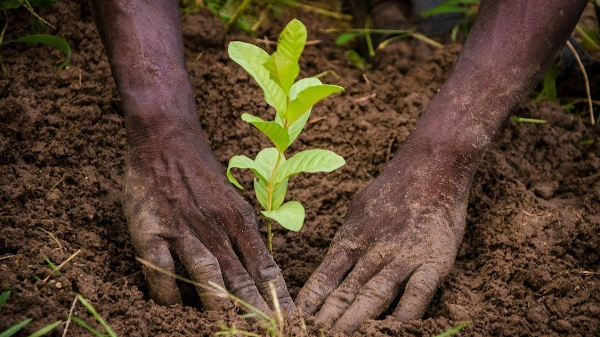Madagascar is currently one of the countries in the world that practices excessive deforestation. If no measures are taken to manage it, the Big Island will have no natural forests left in 2050. This will jeopardize the development of agriculture. Reforestation is unavoidable. The Programme de Lutte Antiérosive V or PLAE V responds to the Malagasy State's vision of reforestation of 40,000 Ha per year until 2023.
The forest is an insurance of sustainable rural development. The PLAE in its fifth phase aims to reforest six beneficiary communes in the regions of Boeny, Betsiboka and Diana over a period of four years. A technical workshop to launch the PLAE V took place on February 20, 2020, at the Hotel Panorama Antananarivo.
PLAE V contributes to Madagascar's goal of restoring 4,000,000 hectares of landscapes and forests as part of the African Forest and Landscape Restoration Initiative (AFR100). It is an African effort, launched in 2015 with the overall goal of restoring 100 million hectares of land across Africa by 2030.
Soil erosion is one of the main challenges to be overcome for the development of agriculture in Madagascar. Bush fires and deforestation are the causes. Population growth is leading to strong pressure on forest resources. More than 80% of Malagasy households still use wood as an energy source.
Management of forest resources is essential to protect soil structure and texture to ensure that the land is the sustainable means of production. It is for the management of watersheds through erosion control and sustainable forest management that PLAE V acts. It is a programme of the Malagasy Government funded by the German Government through the German Cooperation.
According to the Programme Coordinator, Mrs. Voninavoko Marie Clémentine, PLAE V acts on the reforestation of degraded soils with the Individual Village Reforestation approaches. Communal forests are established on degraded soils in the pilot Communes. Agro-forestry methods and anti-erosion measures are also practiced on degraded land. What distinguishes PLAE V from other programmes is the improvement of grazing areas for sedentary and sustainable livestock farming. Land tenure security is also the cornerstone of this programme.








